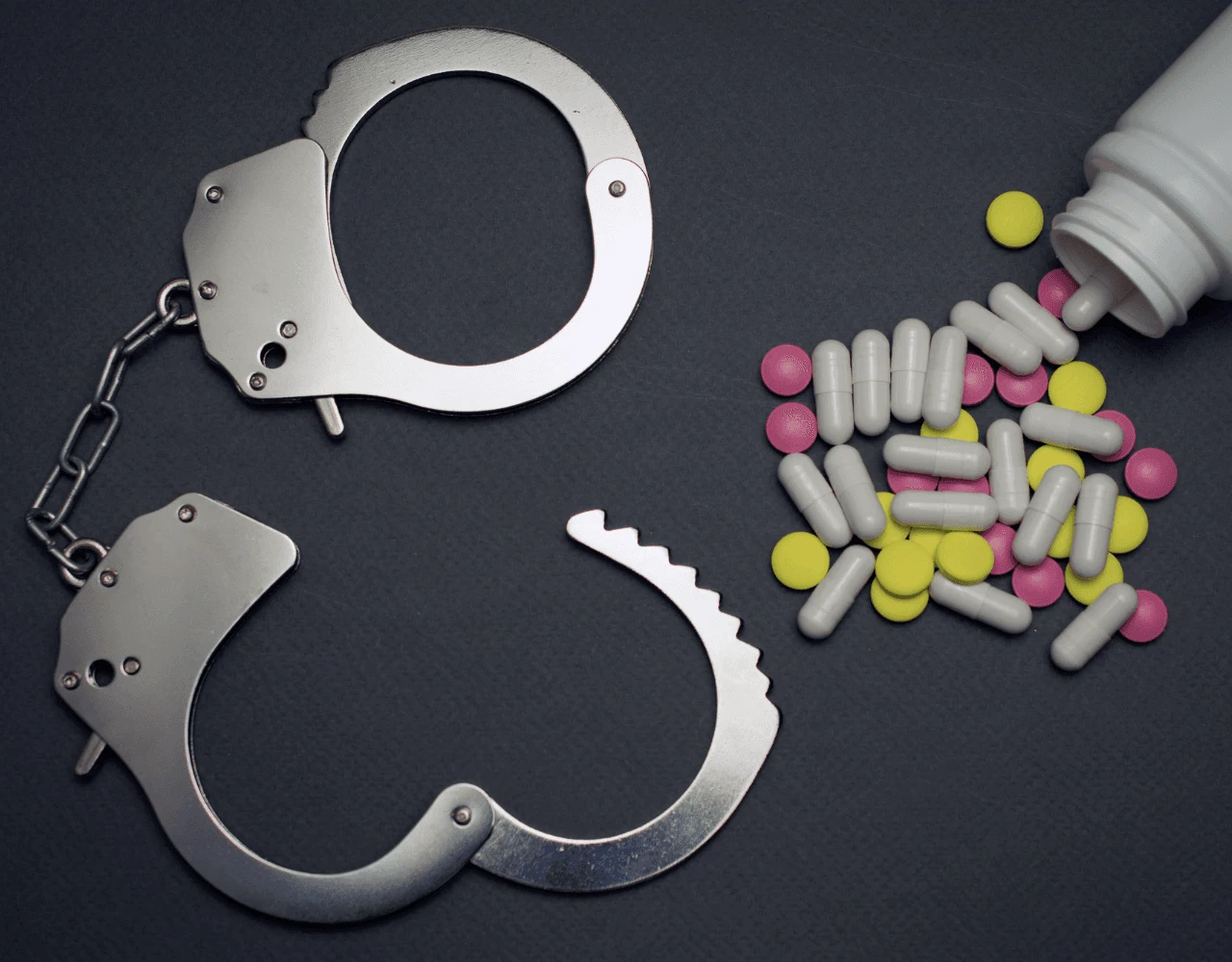Alternative Sentencing Options for Drug Charges in Chicago
2025-04-23T13:15:00
What is a roadblock & DUI checkpoint? A roadblock is a suspicionless seizure or stop, and they are essentially presumed to be unconstitutional or illegal. However, in Illinois, police are allowed to set up checkpoints at specific intersections to check motorists to determine if they have been drinking and driving.
If the police smell alcohol on your breath, the officers will have you pull to the side of the road and perform standardized field sobriety tests.
Police officers will also have electronic warrants available for Judges to sign to get a blood draw to determine just how drunk you are Generally, to stop a motorist and question him, the police need a specific reason for the stop (example: speeding or swerving).
The police need to point to some reasonable articulable suspicion that you have committed a crime to pull you over. However, with a DUI checkpoint, every car that passes by is subject to being stopped and a search as long as the length of the stop is reasonable.
Roadblocks or DUI checkpoints that follow specific guidelines and restrictions can and generally will be considered reasonable and legal in Illinois. To determine whether a roadblock or DUI checkpoint is reasonable, the Judge will look at the length of the stop, and how intrusive the investigation is.
Generally, a police officer can stop your vehicle as you are going through a DUI checkpoint and request you to produce your license and insurance. Once that information is provided, the police officer will be required to let you go, unless the officer can point to some other reasonable articulable suspicion that you have been drinking and driving (such as a smell of alcohol or an open can of beer in the vehicle).

If the police officer requests that you pull over and exit the vehicle without any suspicion, then the length of the stop will generally become unreasonable, and the roadblock will be illegal.
Once you are stopped in a roadblock or a DUI checkpoint, the only thing that you are required to do is provide proof of your valid driver’s license and proof of insurance. You do not need to answer any questions asked by the police officer. If the police officer requests that you exit the vehicle, (EVEN IF IT ILLEGAL) YOU MUST comply and exit. You are not required to do any standardized field sobriety tests or to take any breathalyzer tests. You DO NOT need to speak to the police officer or explain what you have been doing.
YES! You can turn around at a DUI checkpoint. There is nothing legally requiring you to go through the DUI checkpoint. However, a police officer may stop you if you choose to do so. If you pull up to an inspection and decide to turn around, the police officer will likely follow you and pull you over.
The Illinois Supreme Court addressed this exact issue in a case called People v. Timmsen. In that case, the defendant turned around 50 feet from the DUI checkpoint only to be pulled over and arrested for Driving While License Revoked. The Court found that this action was enough to pull over the defendant legally. Specifically, the “evasive” nature of making the u-turn amounted to an “unprovoked flight” that was suggestive of wrongdoing.
The Judge found that it wasn’t just the U-turn that justified pulling the defendant over. The Illinois Supreme Court found that avoiding a checkpoint, standing alone, is NOT a reason to stop a car. However, the Court applied a well known 4th amendment doctrine known as the “totality of the circumstances” to determine that the stop was reasonable. The courts will look at all the circumstances surrounding the reason for you deciding to turn around.
In the Timmsen case, the Court justified the stop by pointing to the U-turn only 50 feet away from the checkpoint, the fact that it was 1:15 a.m., and that the roadblock was well marked. The Court found that although the defendant did not need to go through the roadblock, the police officer was justified in pulling over the defendant.
Generally, the answer is NO! However, if it is late at night and you decide to pull a U-turn when there is a marked roadblock or DUI checkpoint, the police officer will follow you and be able to pull you over. The best way to avoid a roadblock or DUI checkpoint is to try to turn onto another road or possibly into a gas station and not look like you are trying to avoid the roadblock.

Do not just pull into a random alley and park your car! Remember that even if you go through a roadblock or DUI checkpoint, you are not required to answer questions or agree to do field sobriety tests.
If you have been arrested for a DUI after being stopped for a DUI checkpoint, you should contact a DUI attorney as soon as possible. In Illinois, in order to perform a DUI checkpoint, usually there are rules regulations that are required, for example, that the officer can only stop every third car or that the roadblock must be posted publicly.
Let your DUI attorney know precisely where you were stopped and ALL the circumstances surrounding the DUI checkpoint. Your attorney will be able to quickly subpoena police reports and look up the specific roadblock in order to help you challenge the stop! If the stop is determined to be illegal, your attorney can get the whole case thrown out, and your charges will be dismissed.
To learn more about DUI checkpoints and to see if you have been subjected to an illegal search, feel free to contact our Chicago DUI attorneys at Ktenas Law.

2025-04-23T13:15:00

2025-04-07T11:50:40

2025-03-24T11:55:03

